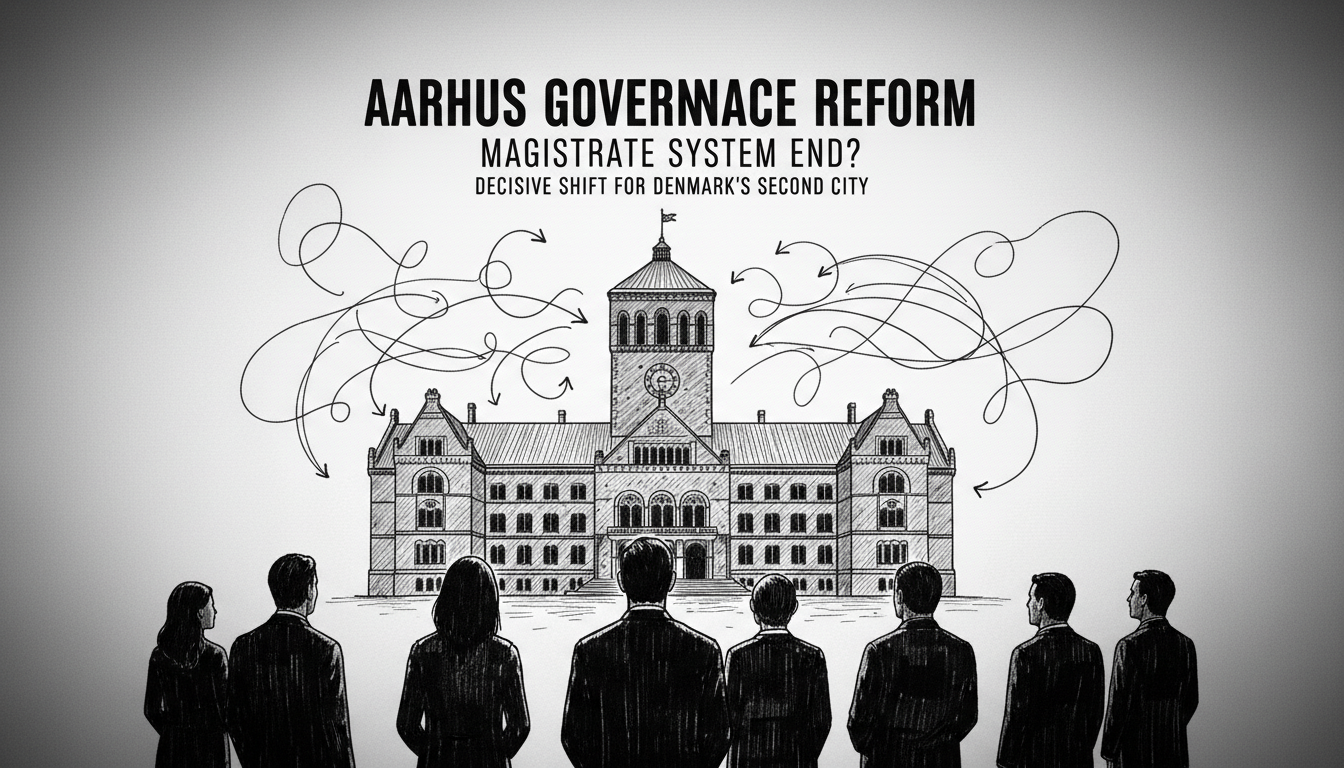A broad coalition of political parties in Aarhus has proposed eliminating the city's unique magistrate governance system. The parties made this announcement at a press conference on Monday. This development represents the most substantial potential change to Aarhus's political structure in modern times.
Six different parties support the proposal. These parties span the political spectrum from left to right. Their unified stance suggests strong consensus for reforming the current system. Aarhus currently stands as the only municipality in Denmark using the magistrate model.
The magistrate system functions differently from standard Danish municipal governance. It divides executive power among multiple magistrates rather than concentrating it with a single mayor. This structure has historical roots dating back to Aarhus's development as a major provincial center. The system has both supporters who value its checks and balances and critics who question its efficiency.
Local government experts note this proposal could modernize Aarhus's political operations. The change would align the city with other Danish municipalities. It might streamline decision-making processes for urban development projects. International residents and businesses could find the simplified structure more accessible.
What practical differences would citizens notice? The most visible change would be clearer political accountability. Residents would know exactly which elected official holds responsibility for specific municipal services. The reform could also affect how quickly the city implements new policies and infrastructure projects.
This proposal emerges amid broader discussions about municipal efficiency in Denmark. Several Danish cities have recently evaluated their governance models. The Aarhus debate reflects ongoing conversations about balancing democratic representation with effective administration.
The coalition must now build broader political and public support. The proposal will undergo detailed examination in municipal committees. Political observers suggest the process could take several months before any final decision.
International observers might compare this to local government reforms in other Nordic countries. Sweden and Norway have both updated municipal governance structures in recent years. The Aarhus proposal follows similar trends toward clearer executive responsibility in local administration.

